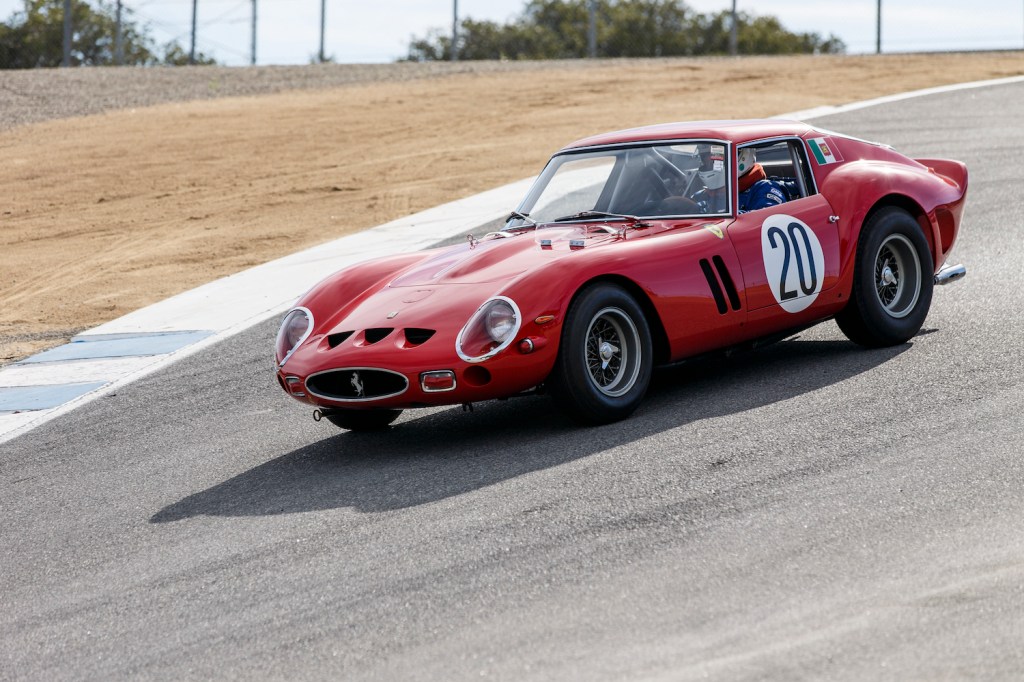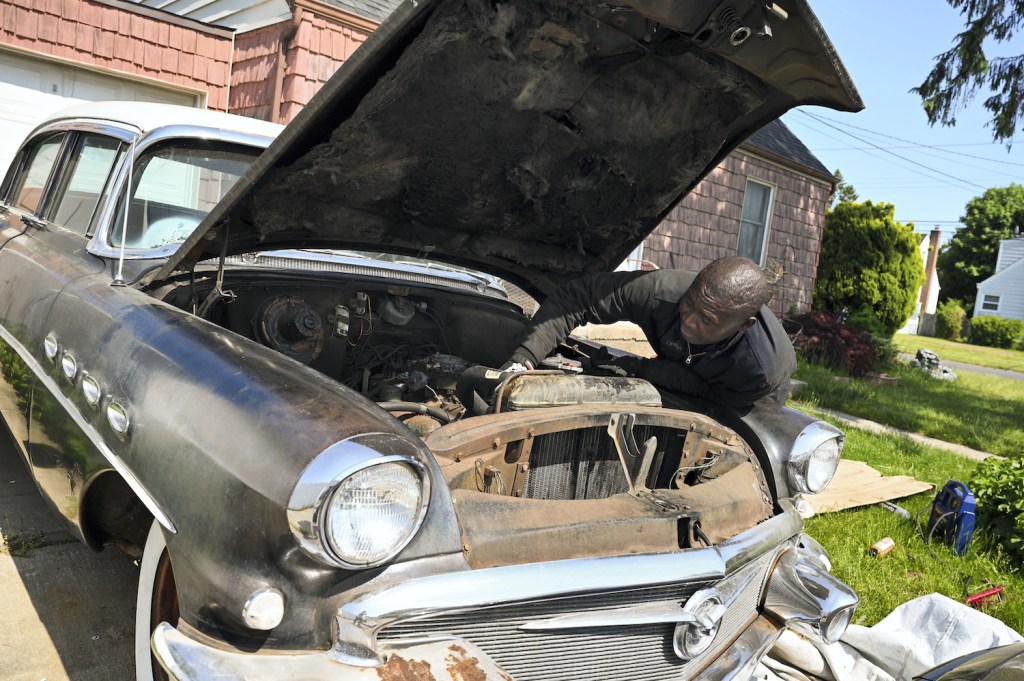
Is Buying a Classic Car a Good Investment?
For many, buying a classic car is an investment. And why not? If you buy a classic car that’s in less than stellar condition, you have the opportunity to not only restore it but sell it at a higher cost. But does buying a classic car actually make sense as an investment?
When is a car considered a classic car?

First, let’s talk about what a classic car is. The Classic Car Club of America defines a classic car as a vehicle that’s American or foreign built and was produced between 1915 and 1948. Vehicles must have been produced in limited quantities too. The Classic Car Club of America also takes into consideration things like higher engine displacement, custom bespoke coachwork, and even luxury accessories.
And if a car doesn’t meet The Classic Car Club of America’s very stringent guidelines? As it turns out, certain states have criteria for what constitutes a classic car too. In fact, The Balance reports that in New York, vehicles that are 25 years or older are considered classic cars. Meanwhile, in states like Montana, a vehicle must be at least 30 years or older to earn the designation.
How much does buying a classic car cost?

While Nationwide reports that a 1963 Ferrari GTO sold for a record-setting $53 million in 2013, odds are you won’t pay that much when buying a classic car. In fact, how much a classic car costs really depends on two things: what type of car it is and what condition it’s in. How rare the car is can also determine how expensive it is.
“In the case of the GTO, just 39 were ever made, making it one of the most sought-after and most expensive vintage collectible cars of all time,” Nationwide explains.
While classic cars do vary in pricing, it’s important to note that prices are up. In fact, according to Hagerty, affordable classic car prices are at an all-time high. When it comes to Hagerty’s Affordable Classics Index specifically, data shows that prices are up approximately 18% over the last 12 months.
“This index has grown to the point where many of its cars are stretching well beyond the realm of “affordable” for most people. Five of them now carry a condition #2 value of over $40,000. The Datsun 240Z has more than tripled in value over the past decade,” Hagerty added.
The financial risks of buying a classic car

Here’s the thing about buying a classic car, its price isn’t the only thing you should be considering. Especially if you’re buying a classic car as an investment. In fact, Investopedia reports that investing in a classic car comes with plenty of financial risks. Between ongoing maintenance costs and even storage and potential trailering fees, investing in a classic car could cost you a significant amount of money.
Those aren’t the only costs to consider either. If you plan on restoring a classic car using original or exact replicas of parts, paint, and bodywork, your restoration project could cost up to seven figures, Investopedia reports. And when it comes to maintenance? You can expect to pay a premium.
As for selling a classic car? Say you do buy one and restore it to its original condition. If you sell it for a profit, you may be forced to pay capital gains tax, Investopedia reports. “Profits from the eventual sale of the car will also likely incur commissions/consignment fees, transaction fees, and transportation costs,” Investopedia added. For some, those fees could turn buying a classic car into a costly investment, rather than a profitable one.
Is a classic car a good investment for you?
There’s no beating around the bush here. The price of classic cars is up. Consider that and the expense of restoring and maintaining a classic car, and investing in one might not make sense to you. But if you aren’t put off by the potentially high costs of buying, restoring, and maintaining such a vehicle? Then investing in a classic car may not be such a bad idea for you.



